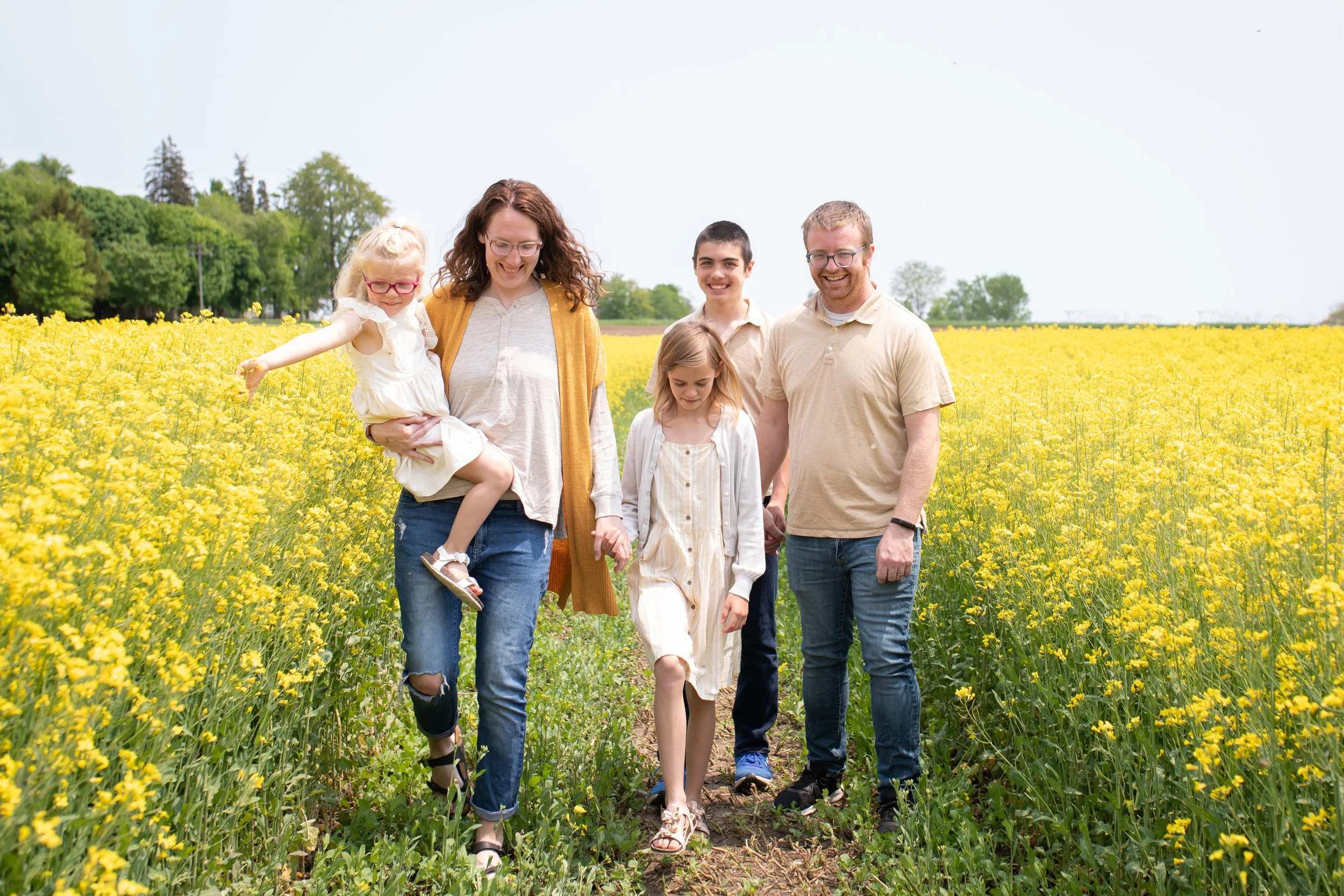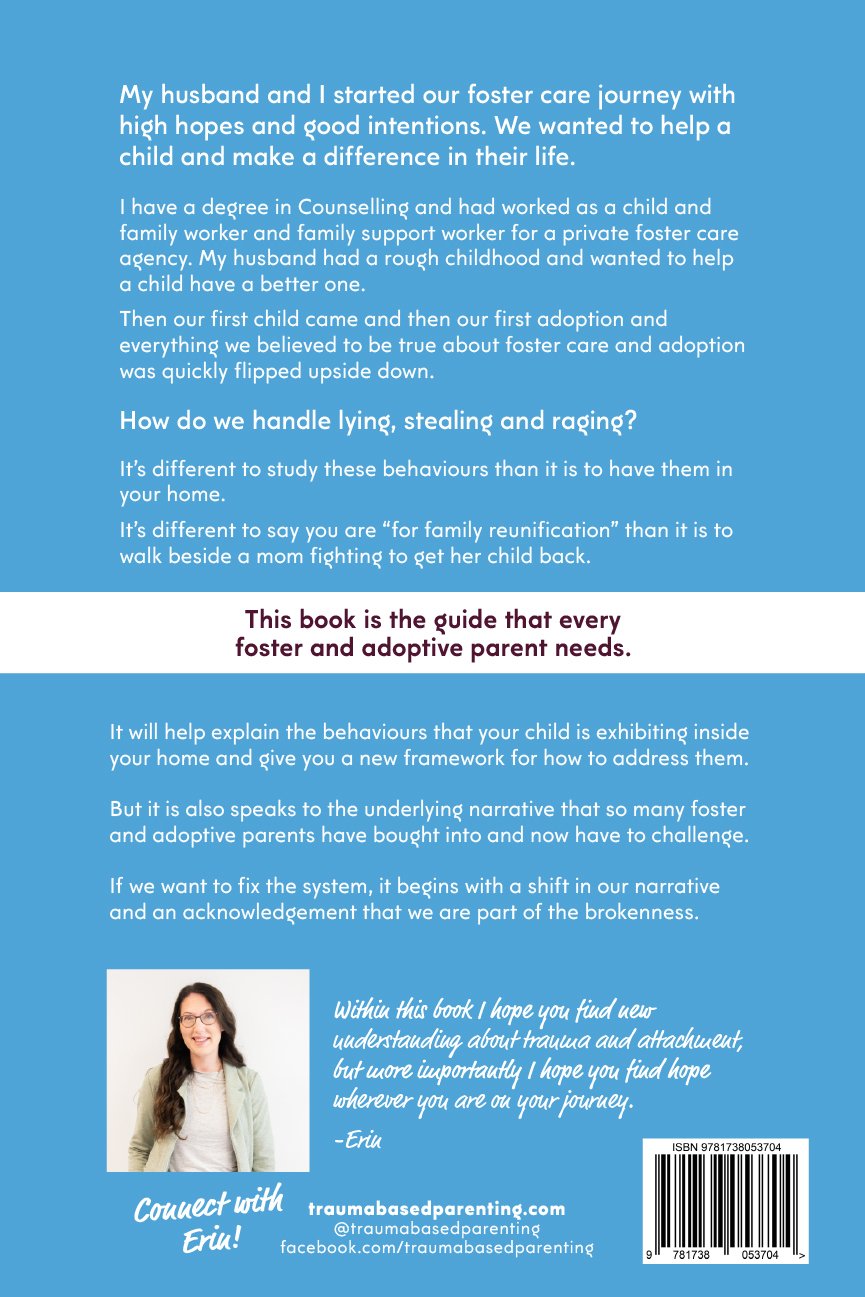
Helping Foster & Adoptive Parents Understand Early Trauma & Attachment
Hi, I’m Erin.
I am a passionate foster and adoptive parent dedicated to supporting families facing the complexities of early trauma and attachment struggles. Drawing from her personal experience, Erin is on a mission to help give hope to parents on their journey, sharing insights and tools to empower others in the foster and adoptive community. Through workshops and virtual training, she focuses on building strong foundations of trust and security for children with challenging pasts. Erin's commitment to understanding and creating a network of support drives her desire for positive change within the foster and adoptive landscape.
Ways you can learn more about Trauma Based Parenting.
4 Reasons You Need to Read Trauma-Based Parenting
Comprehensive guide: Offers practical advice and strategies for understanding and addressing early trauma and attachment issues.
Expertise: Authored by professionals with experience in child psychology, trauma, and adoption.
Real-life examples: Includes case studies and stories to illustrate concepts and provide relatable experiences.
Practical tools: Provides actionable tools and exercises for parents to implement in their parenting journey.




